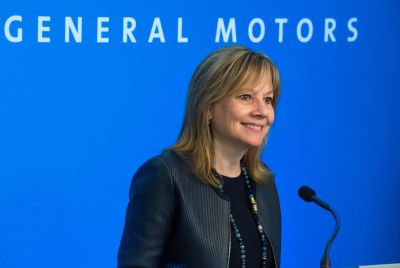What Is Making UK Car Service Bills Rise by 15% This Year Besides Tariffs?
UK garages face 30% rise in parts costs amid inflation and global disruption

UK drivers face a stinging reality in 2025 as car service bills climb by an average of 15 per cent, outpacing general inflation and squeezing household budgets amid economic headwinds.
According to Warrantywise data analysing thousands of claims, this unwelcome hike is driven by escalating labour costs, parts shortages, post-Brexit tariffs, and the growing complexity of electric vehicles.
As garages warn of even steeper increases ahead, motorists must navigate these pressures to keep vehicles roadworthy without breaking the bank.
Technician Shortages Push Hourly Rates to New Highs
Skilled technician shortages have intensified in 2025, driving up labour costs that now average £85 per hour—up from £65 in 2020, according to industry analysis. The Institute of the Motor Industry projects a need for over 76,000 additional technicians by 2030 to meet electric vehicle (EV) demands alone, exacerbating wait times and premiums charged by qualified specialists.
Warrantywise reports that this contributed to a 20 per cent overall repair bill surge in 2024, with 52 per cent of garages anticipating further hikes this year due to recruitment challenges. Antony Diggins, managing director at Warrantywise, warns: 'With repair costs continuing to rise, it's something all motorists will need to consider—especially given the wider economic challenges and inflation in the UK.'
As body shops invest in training and equipment, these expenses inevitably trickle down, turning routine services into pricier propositions for everyday drivers.
Parts Prices Surge Amid Supply Chain Strains
Inflation and global disruptions have propelled car parts costs upward by over 30 per cent in two years, affecting everything from bumpers to batteries, according to WeCovr. The Society of Motor Manufacturers and Traders reveals that more than 40 per cent of repairers faced component delays exceeding three weeks in 2025, amplifying logistical expenses passed to consumers.
Post-Brexit customs checks and semiconductor shortages continue to disrupt supply chains. The RAC notes extended lead times for even common items, inflating service bills by 15-20 per cent on average. Roger Griggs of Kwik Fit explains garages are absorbing some rises but adds 'it would strive to support customers by absorbing increases triggered by higher inflation where we can.'
This bottleneck not only delays repairs but erodes profit margins, ensuring drivers pay more for essential maintenance amid 2025's volatile landscape.
Vehicle Tech Complexity Demands Premium Fixes
The boom in advanced driver-assistance systems and EVs has turned minor repairs into high-stakes, costly endeavours, with calibration alone adding £250-£500 per job. EV registrations jumped 87.9 per cent in 2024, per SMMT, requiring specialist high-voltage training that hikes labour to £150 plus per hour for certified technicians.
A windscreen replacement on a 2024 model with ADAS sensors now exceeds £1,000, compared to £250 a decade ago, as recalibration becomes mandatory. Duncan McClure Fisher of MotorEasy also attributed higher repair bills and longer lead times to the 'technicalities of shipping items such as EV batteries, which are hazardous cargo'.
As these technologies become standard, service costs reflect the growing expertise gap, pushing annual bills higher for UK motorists adapting to smarter, pricier rides. To counter these escalating expenses, independent garages are turning to upskilling programmes and digital diagnostics, potentially stabilising costs through efficiency gains by late 2025.
Motorists can explore fixed-price service plans from providers that lock in rates for multi-year coverage and often include roadside assistance at a fraction of ad-hoc fees.
© Copyright IBTimes 2025. All rights reserved.





















